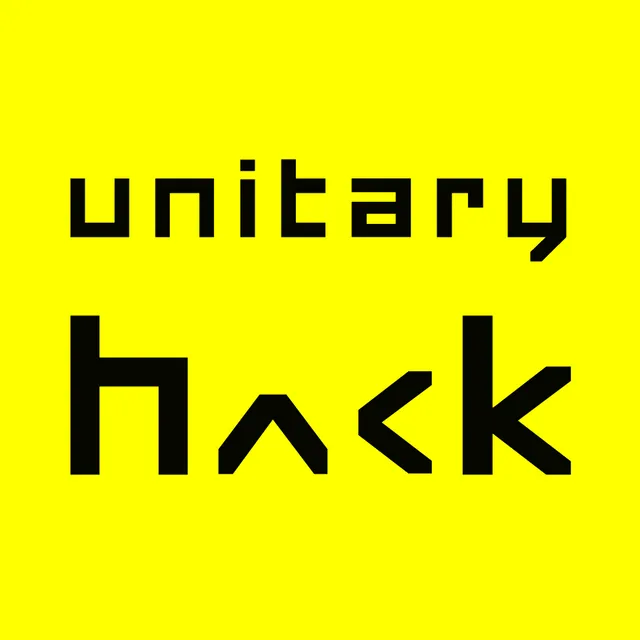The virtual event unitaryHACK, running from May 29-June 12, 2024, encourages contributions to the open source quantum ecosystem. Participants can win cash prizes. The event is supported by NVIDIA, QBraid, Classiq, and the Unitary Fund, whose members include IBM Quantum, DoraHacks, OQD, Scientifica, AWS, Microsoft, Pasqal, and QC Ware. The event features projects related to quantum computing, machine learning, quantum simulation, and quantum error correction, among others. Technologies used include Python, Qsharp, Rust, and Julia. Registration is required to be eligible for bounties.
unitaryHACK: An Open Source Quantum Ecosystem Event
The unitaryHACK is a virtual event designed to foster contributions to the open-source quantum ecosystem. Scheduled to run from May 29 to June 12, 2024, the event offers participants, referred to as hackers, the chance to win cash prizes. It is supported by a range of organizations, including NVIDIA, QBraid, Classiq, and the Unitary Fund.
The unitaryHACK event is not just about competition but also about community. Participants are encouraged to engage with each other and the wider quantum community through platforms like Discord. Participants must register for the event to be eligible for the cash prizes.
Participating Projects in unitaryHACK
Various projects are participating in the unitaryHACK event, each offering unique challenges and opportunities for contributors. These projects span a wide range of topics within the quantum ecosystem, including quantum machine learning, quantum simulation, quantum error correction, and quantum software development.
Some of the participating projects include TorchQuantum, which focuses on quantum computing in PyTorch, Qublitz, a simulated journey along the Bloch Sphere for students learning about quantum computing, and TensorCircuit, a tensor network-based machine learning framework backend quantum software framework. Other projects like the Azure Quantum Development Kit, AI-inspired Classification of Quantum Computers, and Classiq Library offer opportunities for participants to work on quantum programming languages, quantum computer classification, and quantum applications and algorithms, respectively.
Quantum Software and Machine Learning Projects
Several projects in the unitaryHACK event are centered around quantum software and machine learning. These include HierarQcal, a quantum circuit builder that simplifies circuit design, composition, generation, scaling, and parameter management, and QuantumToolbox.jl, a Julia package for quantum optics and quantum physics.
Other projects in this category include OpenQAOA, a multi-backend Python library for quantum optimization using QAOA on quantum computers and quantum computer simulators, and PennyLane, a cross-platform Python library for quantum computing, quantum machine learning, and quantum chemistry.
Quantum Error Correction and Simulation Projects
The unitaryHACK event also features projects focused on quantum error correction and simulation. Fusion Blossom, for instance, is a parallel MWPM decoder for quantum error correction implemented in Rust and available as a Python package. Qrack, on the other hand, is a GPU-accelerated quantum computer simulator with novel optimizations.
Other projects in this category include scqubits, an open-source Python library for simulating superconducting qubits, and Qiskit Aer, a high-performance simulator for quantum circuits that includes noise models.
Quantum Compiler and Quantum Natural Language Processing Projects
The unitaryHACK event also includes projects focusing on quantum compilers and quantum natural language processing. Qlasskit, for example, is a python-to-quantum compiler, while BQSKit is a powerful and portable quantum compiler framework.
In quantum natural language processing, lambeq is a high-level Python library for Quantum Natural Language Processing. These projects offer participants the opportunity to contribute to developing quantum compilers and exploring the intersection between quantum computing and natural language processing.
External Link: Click Here For More

